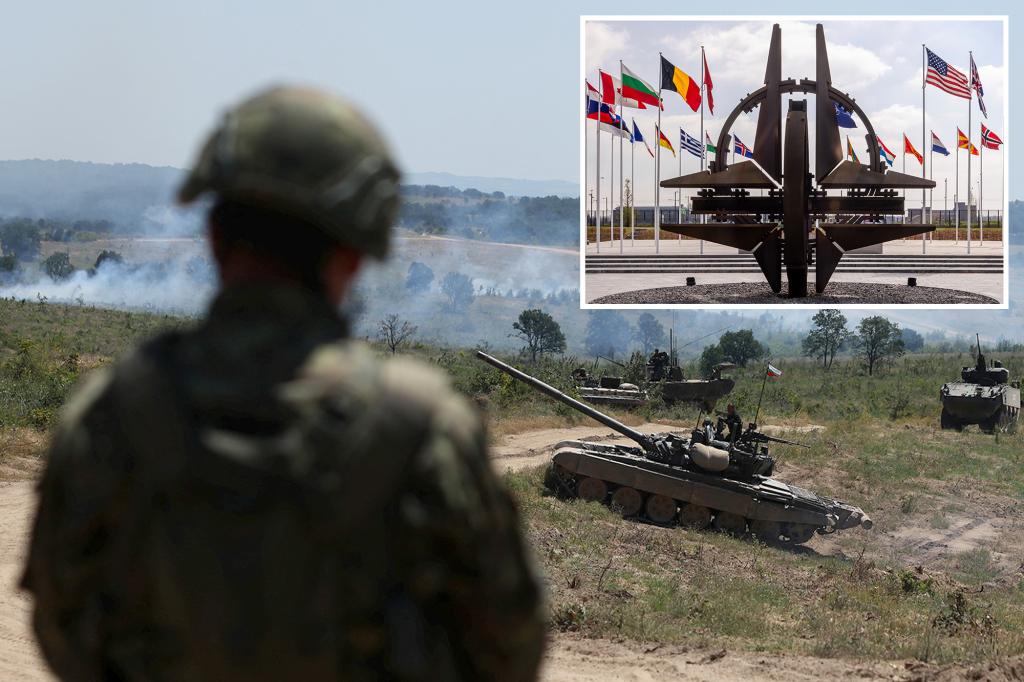
BRUSSELS/MADRID, June 22 (Reuters) – In a significant move to bolster collective security, NATO members have agreed to increase their defense spending target to 5% of gross domestic product (GDP). This decision aligns with the demands of U.S. President Donald Trump, who has been vocal about the need for heightened defense investments. However, Spain has announced its decision to opt out of this commitment, just days before a major summit in The Hague intended to showcase alliance unity.
The agreement was reached during a meeting of NATO defense ministers in Brussels, where officials were eager to finalize a consensus on the new spending target ahead of the upcoming summit. Despite the collective decision, Spanish Prime Minister Pedro Sanchez declared on Thursday that Spain would not adhere to the 5% target, maintaining that the country would only allocate 2.1% of its GDP to meet NATO’s core military requirements.
NATO’s New Spending Framework
NATO Secretary-General Mark Rutte proposed the revised target, suggesting an increase from the current 2% to 3.5% of GDP for core defense spending, with an additional 1.5% directed towards related areas such as cybersecurity and infrastructure improvements for military logistics. This proposal aims to address growing security threats and enhance Europe’s defense capabilities amid shifting U.S. military focus towards China.
Following the diplomats’ agreement on a compromise text, Sanchez quickly asserted Spain’s position, stating, “We fully respect the legitimate desire of other countries to increase their defense investment, but we are not going to do so.” This announcement was made during a televised address in Spain.
Spain’s Defense Spending in Context
According to NATO estimates, Spain’s defense expenditure in 2024 was 1.24% of GDP, equivalent to approximately 17.2 billion euros ($19.8 billion), marking it as the lowest spender in the alliance relative to its economic output. Sanchez argued that meeting the new target would necessitate substantial cuts to social programs or increased taxes, which he deemed unacceptable.
“Spain spent 1.24% of GDP on defense in 2024, making it the lowest spender in the alliance as a share of its economic output.” – NATO estimates
NATO officials have emphasized the importance of increased defense spending to counteract threats from Russia and to enable Europe to assume greater responsibility for its security. However, the compromise text, which has not been released publicly, reportedly allows for some flexibility, with the wording changed from “we commit” to “allies commit,” thereby permitting Spain to interpret the pledge as non-binding.
U.S. Pressure and Diplomatic Nuances
President Trump has been critical of European nations’ defense spending, frequently highlighting Spain’s low contributions. On Friday, he remarked that Spain “has to pay what everybody else has to pay,” while also suggesting that the U.S. should not be held to the new target, given its historical defense investments in Europe. In 2024, the U.S. spent an estimated 3.19% of GDP on defense, according to NATO data.
“Spain has to pay what everybody else has to pay.” – President Donald Trump
Despite Trump’s criticisms, Sanchez remains firm in his stance, arguing that Spain’s current spending levels are sufficient to meet its military capability targets. A letter from Rutte to Sanchez, seen by Reuters, affirmed that Spain would have “flexibility to determine its own sovereign path” in fulfilling its NATO commitments.
NATO diplomats have expressed skepticism about Spain’s ability to meet its targets with the proposed spending levels, as the specific costs of these targets remain undisclosed. The final summit text, which is expected to be endorsed by the leaders of NATO’s 32 members, sets a deadline of 2035 for achieving the new target, with a review scheduled for 2029.
Looking Ahead
The decision to increase defense spending marks a pivotal moment for NATO as it seeks to adapt to evolving global security challenges. The compromise reached allows for some degree of national discretion, reflecting the diverse economic and political landscapes of member states. As the summit approaches, the focus will be on how these commitments translate into actionable strategies and whether Spain’s stance will influence other nations’ approaches to defense spending.
As NATO navigates these complex dynamics, the alliance’s ability to present a unified front will be crucial in maintaining its strategic objectives and ensuring the security of its member nations.







